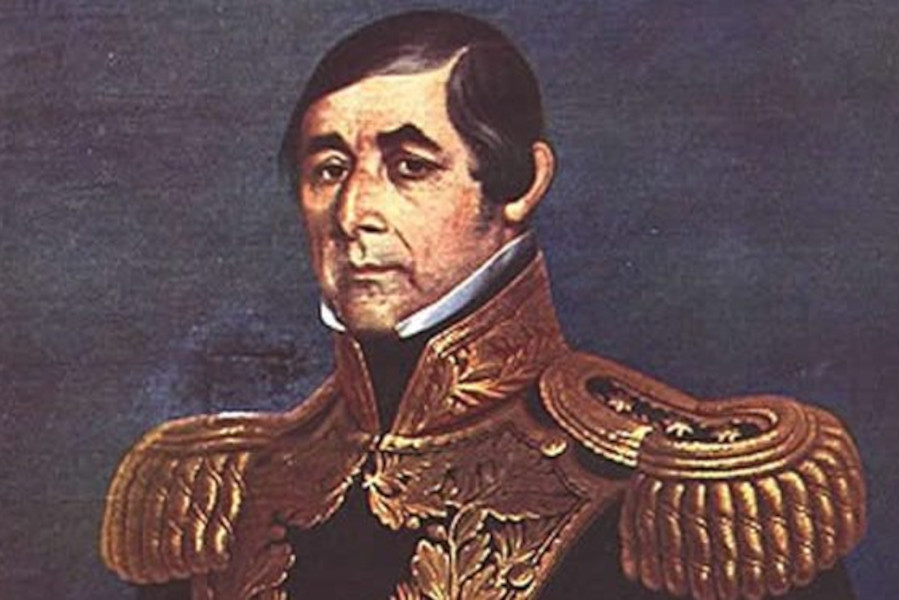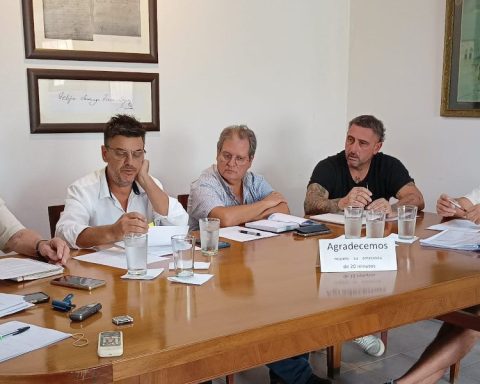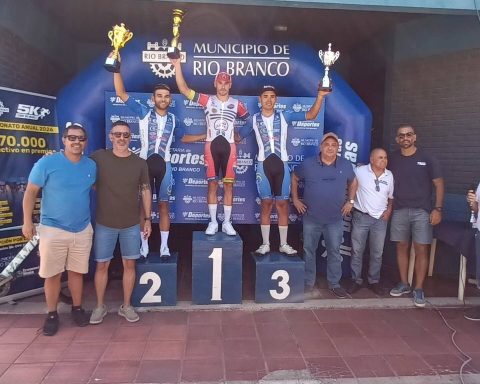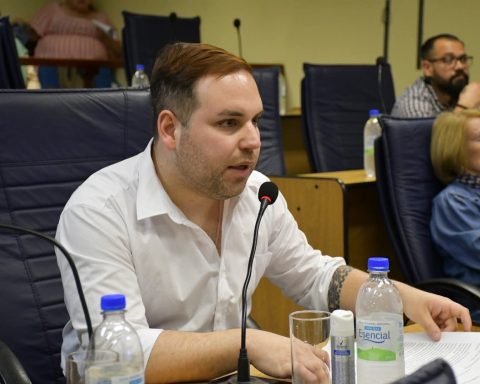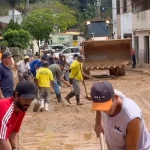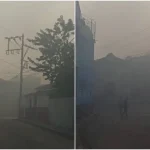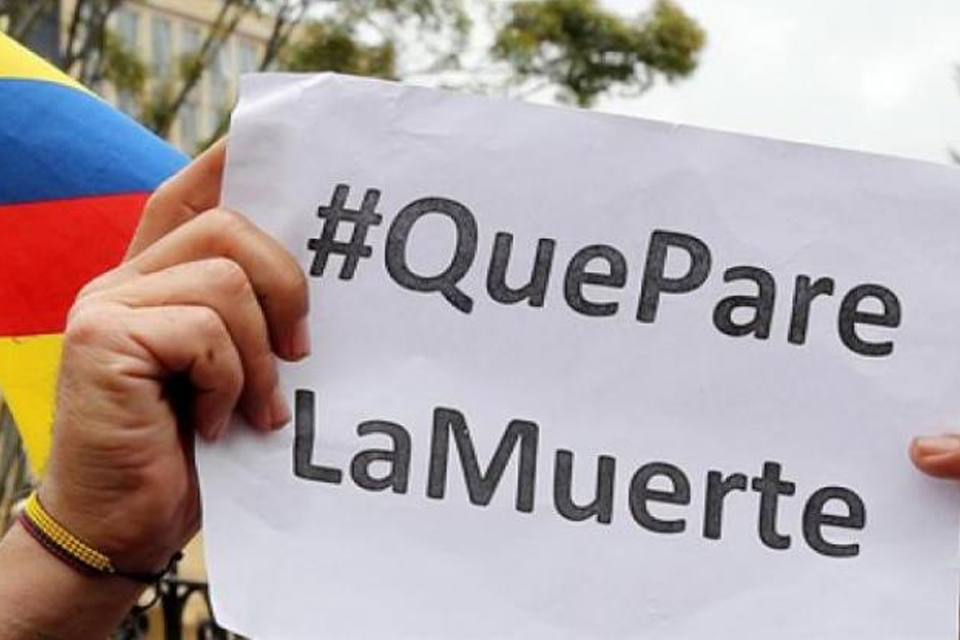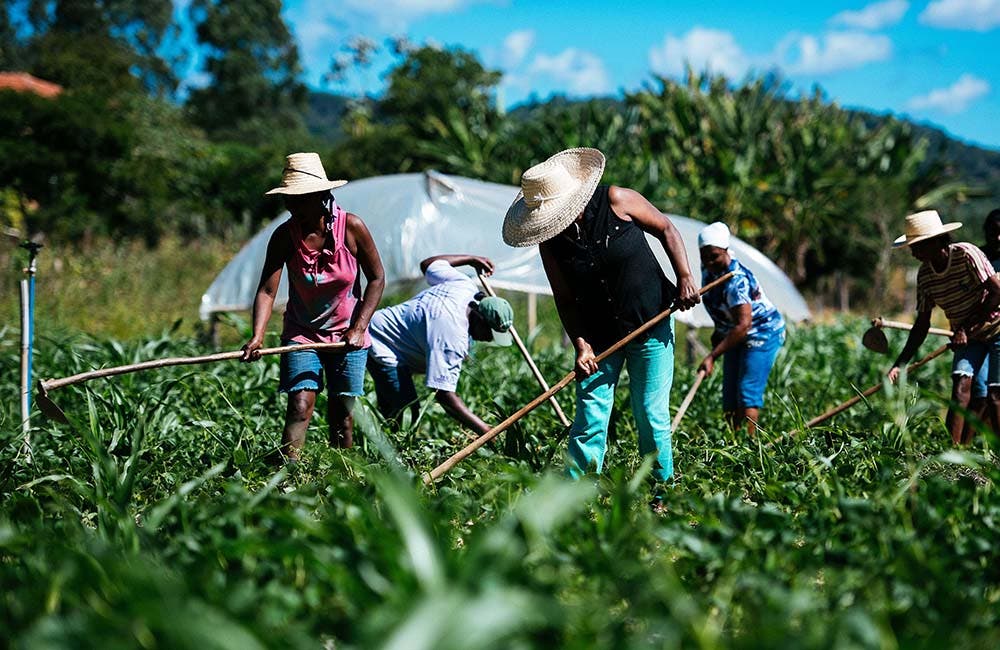Gentlemen Director of weekly “El Eco”
of my highest consideration
I read with surprise a few days ago in your weekly an article titled “Rivera ordered Artigas to be killed.”
I do not know the “Argentine researcher-historian Carlos Picerno García” that the note cites, I must admit. But beyond the fact that, I presume, the name could be wrong, it is unavoidable to stop considering that the historical events that occurred in the first half of the 19th century cannot be seen through the eyes of those of us who live in the third decade of the 20th century. For obvious reasons that need not be clarified.
And I do not know, furthermore, what was the reason or the purpose of disclosing, at this precise moment and in this instance, a letter -attributed to General Fructuoso Rivera, because it must be remembered that many of those letters were written by secretaries who did not they rarely left their own mark on them – whose existence was revealed decades ago.
By virtue of this, I request the Directorate of “El Eco” to publish a note that sufficiently clarifies some aspects of Don Frutos’ life despite the unfair shadows and lies that are used to tarnish a great hero, In the words of former Colorado Party deputy and journalist Leonardo Vinci, author of the note, “with the spurious desire to denigrate the most important soldier of independence”, repeatedly highlighted by the nationalist politician and historian Luis Alberto de Herrera. .
From already thank you very much
Gabriel Gabbiani
Departmental Mayor
Colorado Party
…………………
By Leonardo Vinci
The letter
Some time ago, a neo-historian disclosed – as if he had found the Ark of the Covenant – a letter from 1820 kept in the archives of Corrientes, attributed to General Rivera and addressed to the Governor of Entre Ríos.
In the letter -sent after Artigas left this land forever- the winner of Guayabos refers to the Chief of the Orientals as a “despot and tyrant” and adds that “All men, all patriots must sacrifice themselves until they succeed in destroying him entirely. . The evils that it has caused to the system of freedom and independence are too well known for our misfortune…”
But Rivera also tells Francisco Ramírez that: “As for me going to help him, (I warn him) that I must first obtain special permission from the representative body of the province to be able to move to another,” which he never processed.
It has been wanted to present this document as unpublished, since it has been known for decades, as made clear by the historian Ana Ribeiro -current Undersecretary of the Ministry of Education and Culture- who has mentioned that the famous letter had already been cited by Raúl Setiembre Vera in the 1937 work “Historical Clarifications”, and also published by the historian Antonio De Freitas in his work “The uprising of 1825”.
In reality, the bombastic display of this document has been typical of those who “have dedicated their miserable existences to point out that all the good ones have been on their side and all the bad ones on the other; to rot the minds of the boys…”, as Lincoln Maiztegui Casas said.
Artigas in 1820
The truth is that in September 1820, Artigas was in Paraguayan territory and all or almost all of his officers had left him alone, since of the 7,000 combatants who once followed him, only a handful of men accompanied him.
The revolution was hopelessly lost and “to protect his countrymen in misfortune (Rivera) he only took care to make his misfortunes less terrible, interfering with his influence with the oppressors and taking advantage of him to one day break the chains…”.
In reality -according to the “Biographical Notes”- Rivera had tried to “Take advantage of our own slavery in order to give the country its freedom, which had been lost and with it a lot of blood spilled and ruined…”.
Professor Ribeiro has explained that when you want to revile Rivera (always) it is brought up on the table (…) that he defected from the artiguist side and went with Lecor, and that is why the closest enemies of his memory have searched all possible ways to present before history a Rivera who betrayed Artigas.
Naturally, little or nothing is said about the Oribe’s decision to abandon the ranks of the easterners together with Bauzá and two battalions of 500 men with their cannons, going over to the side of the porteños, or it is downplayed. (That was when Pueyrredón received them, although he had them handed over to Lecor, who sent them on a warship to Buenos Aires.)
In an effort to show Rivera as perfidious, the neo-historians omit to say that in those days, Oribe expressed that “he did not want to serve under the orders of a tyrant like Artigas, who, victorious, would reduce the country to barbarism; and defeated, he would abandon him.”
Nor do they give importance to Lavalleja’s behavior when he writes to Alvear and tells him that the eastern forces “will not be destined to renew the fateful era of the caudillo Artigas and the undersigned cannot but take a personal offense against a comparison (with Artigas) that degrades him…”
The facts
Don Frutos’ detractors have sought by all means to give more value to a letter written in defeat than to undeniable facts.
Far from wanting to kill Artigas, the most faithful and loyal of his captains – the one who accompanied him and fought for him until the end – saved his life shortly before.
But these acts of courage, dedication and bravery are virtually ignored by most historians.
As an example, of the 1,047 pages of the 4 volumes on “El Ciclo Artiguista” by Reyes Abadie, only one line mentions this fact.
In the worst moments of the Portuguese invasion, an imperial commander, Joaquín Javier Curado occupied Purification -which he found depopulated- on April 9, 1818, raising the Portuguese flag. He only found “guerrillas on the march, those who were defeated” taking prisoner his main leader, Juan Antonio Lavalleja.
Later, another soldier from the Portuguese army, Sena Pereira, destroyed the artiguista batteries on the coast and, together with Bentos Manuel, defeated the eastern Captain Gorgonio Aguiar.
On June 14, Fructuoso Rivera – who was the most important artiguista officer fighting – managed to intercept the invading army commanded by the legendary Rio Grande do Sul chief Bento Manuel Ribeiro and won a crushing victory in the battle of the Chapicuy stream headlands.
The truth
Later, in the early morning of July 4, 1818, the Eastern camp was surprised by Portuguese forces, causing numerous casualties between dead and prisoners.
The episode -known as the Battle of the Queguay Chico- began with a catastrophe for Artigas and ended with a victory for Fructuoso Rivera, who arrived at the meeting place after the defeat, forcing Bentos Manuel to hastily withdraw, with the loss of all their cavalry, artillery and ammunition.
Rivera rescued everything that Artigas had lost. The Portuguese left many dead and 200 prisoners.
The Baron de la Laguna transmitted to Tomás Antonio de Villanova Portugal the information received from General Curado about the attack carried out by Major Bento Manuel at the Artigas Camp in Queguay, by his order, expressly stating that “Ja After the fight, Fructuozo Ribeira appeared, who had his camp at a distant distance from the place of conflict, and came to the aid of Artigas with Cavallaria”.
Reyes Abadie explains that on that occasion, Bento Manuel “…completely ruined” Artigas and that only “Rivera’s intervention saved the caudillo from a total disaster…”
Read: Rivera never attempted against Artigas but, on horseback and with saber in hand, saved his life and fought with him until his fall.
Flores Silva would say, to those “merely paper guerrillas who attempt historiographical lynchings” Rivera could answer “but, friend, what ignorance or ingratitude and bad faith can do, these wretches do not lose a single moment of making me appear as a traitor; the whore who gave birth to them, I will give them a traitor if they are careless”.
